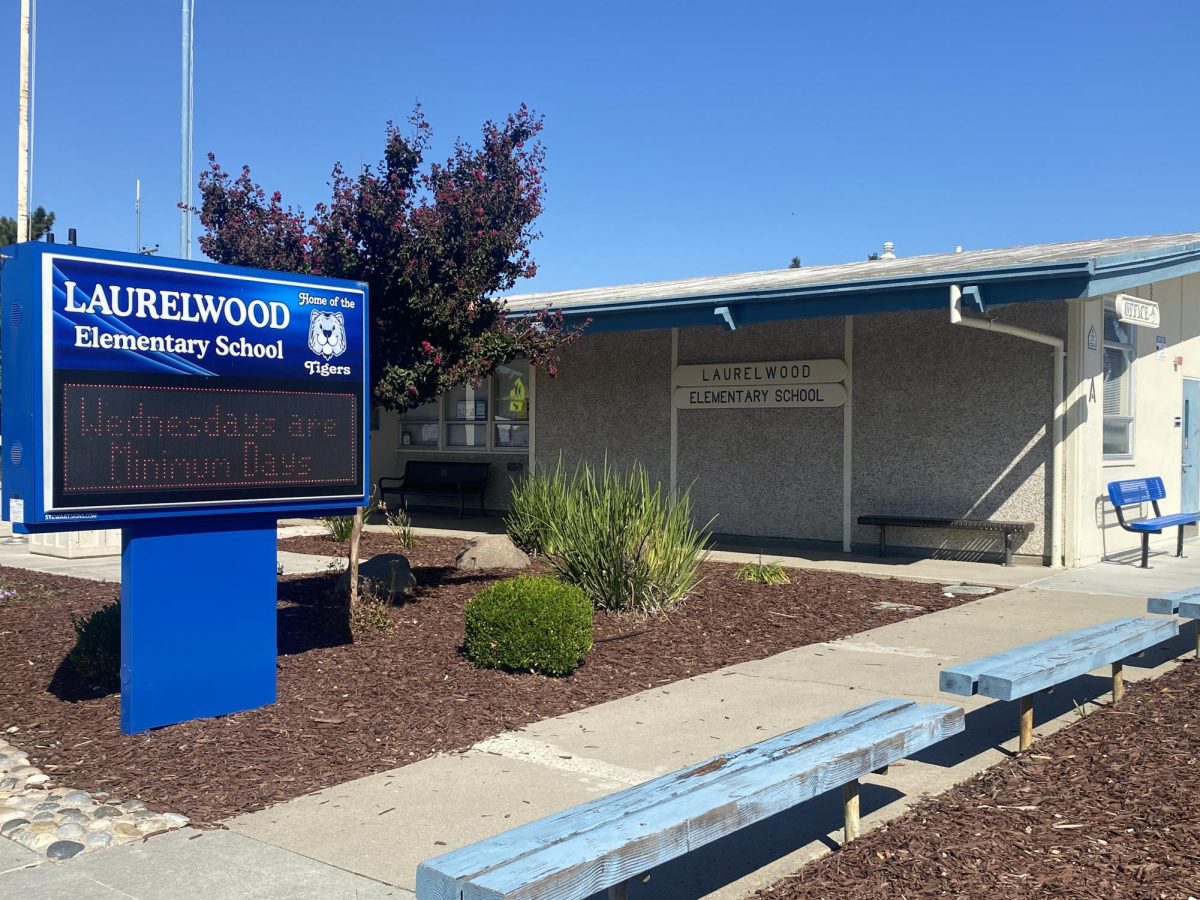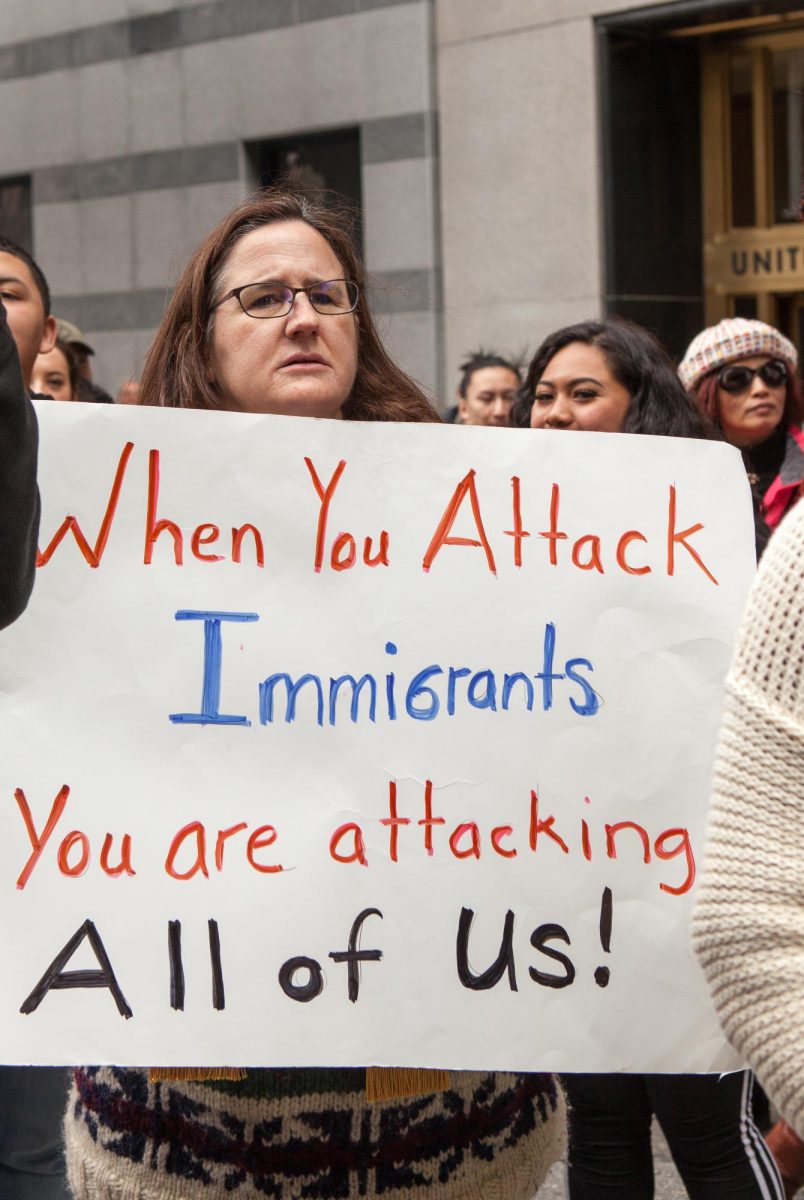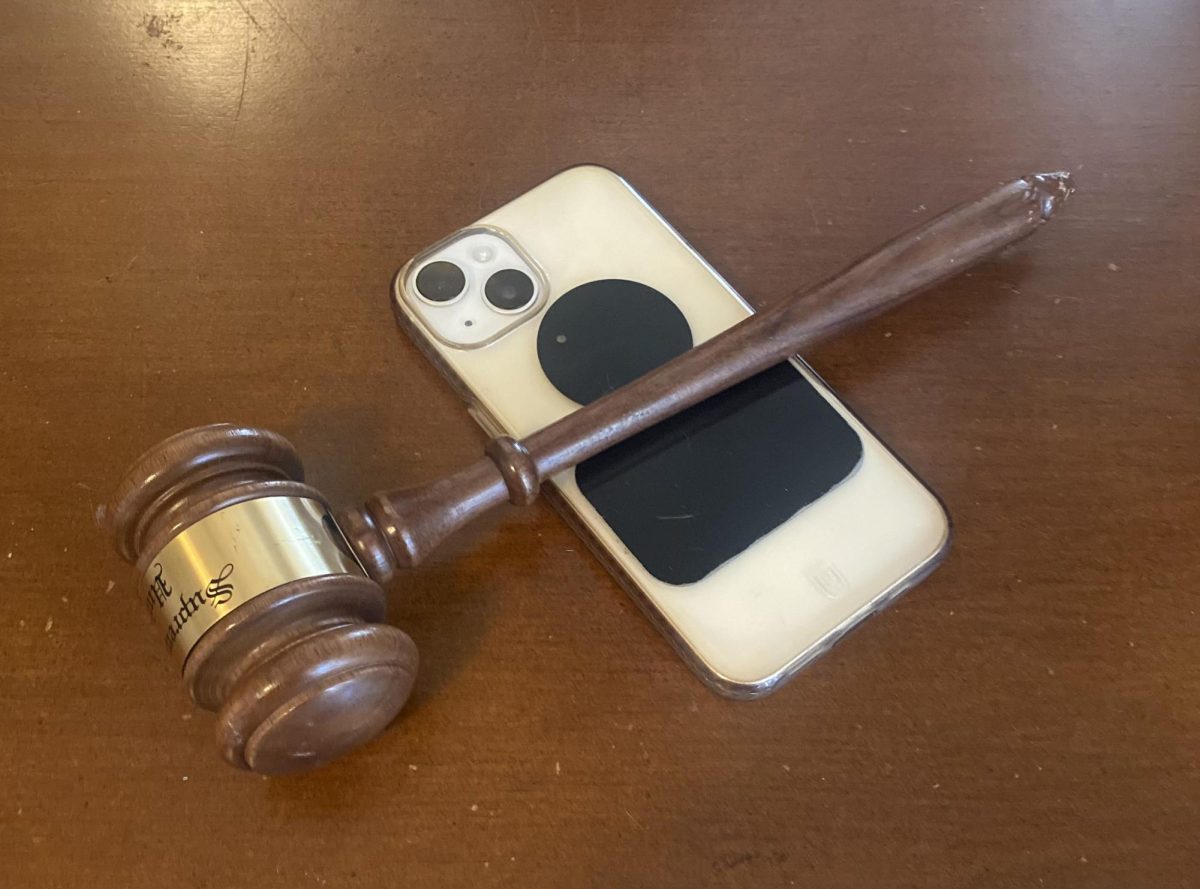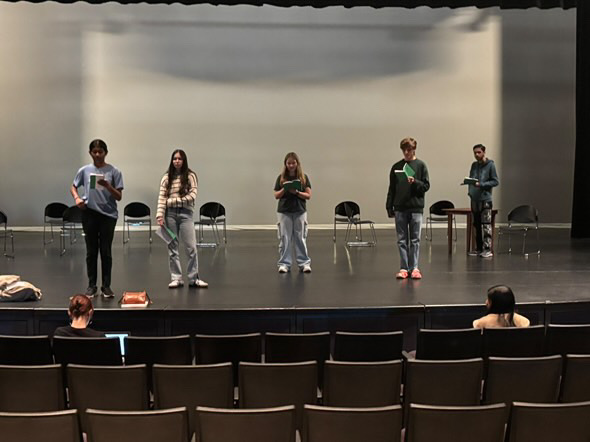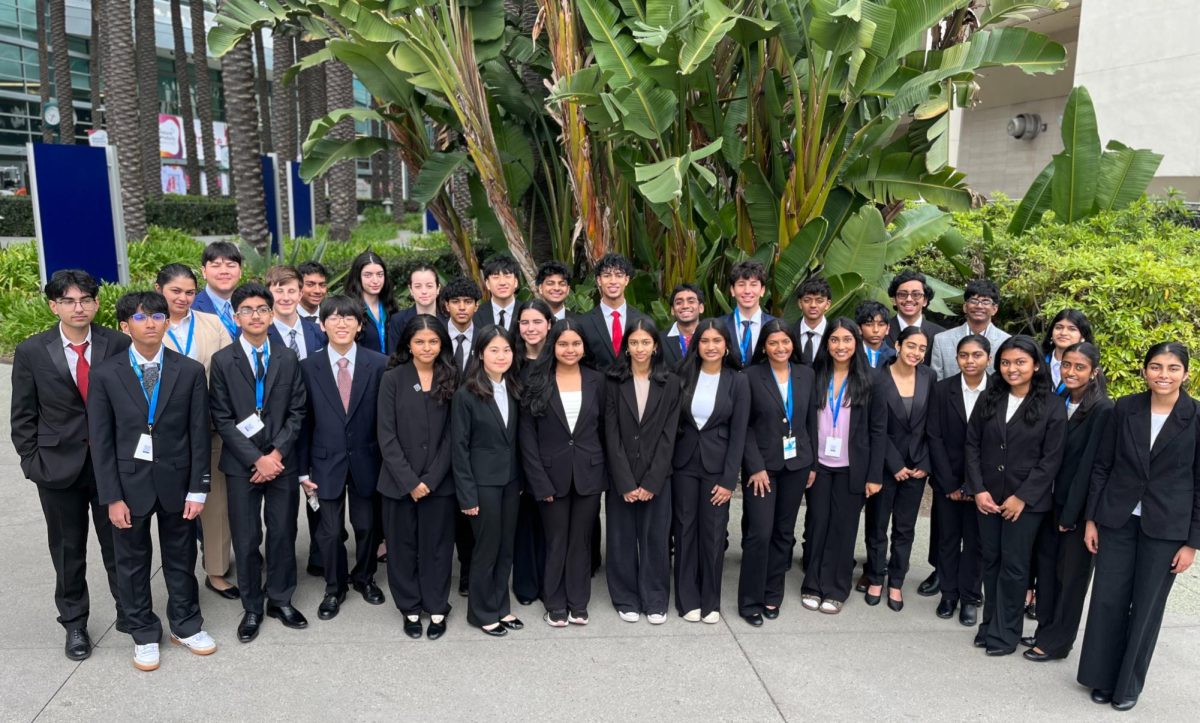The 2023 school year has seen an unprecedented wave of protests against Santa Clara Unified School District. These demonstrations involved flyering on campuses against schools’ alleged “failing test scores on state proficiency tests” and the teaching of “equal outcome vs. equal opportunity,” initiated by the self-described parental rights group Informed Parents of Silicon Valley (IPSV). Tensions came to head at Laurelwood Elementary on August 18th when, according to NBC Bay Area, a protester was cited for assault after allegedly biting a parent.
Protests gradually died down after August 18th, and the incident was condemned two days later on the 20th in a district-wide community letter. The district has expressed that such protests are unlikely to continue into the future. However, there is evidence IPSV’s sentiments are not isolated. The organization’s rise is set against that of many parental rights advocacy groups nationwide since the pandemic, from which others have also begun to permeate Santa Clara.
Specifically, around a year before the protests Moms for Liberty—one of the foremost organizations in the recent wave of parental rights groups—opened its first chapter in Santa Clara.
For context, Moms for Liberty is a tax-exempt 501(c)(4) organization based in Florida which has rapidly accrued membership since its establishment in 2021. Moms for Liberty was initially established to campaign against mask and vaccine mandates in schools. Their mission is generally expressed as uniting parents to express grievances against school boards, though controversies in their efforts to meet this goal have arisen in the past. Despite local chapters of Moms for Liberty emphasizing their grassroots qualities, on a national level Moms for Liberty has been regarded as wielding significant Republican Party influence. Both Ron DeSantis and Donald Trump spoke at the Moms for Liberty summit in 2023.
The recently-established Santa Clara chapter was not directly involved in the IPSV demonstrations. Yet based on their website, they were seemingly planning attendance at the August 24th school board meeting where IPSV’s protests were discussed. They ultimately were not in attendance.
To get Moms for Liberty Santa Clara’s perspective on recent events as well as understand their motives and future plans, the Scribe reached out for an interview with a chair member. IPSV was also contacted, though it did not provide answers.
In a response, Santa Clara’s Moms for Liberty stated their organization has two central principles: “the preservation of parental rights,” and the “good and proper education of children.” Moms for Liberty provided criteria for what proper education implies in the form of “reading, writing, arithmetic, science, history, civics.” They specified this not to include concepts like “social emotional learning, diversity equity and inclusion, critical race theory, hyper sexualization, gender fluidity, etc.”
The first three subjects—social emotional learning, diversity equity and inclusion, and critical race theory (CRT)—are important for being linked in the criticisms they face from parental rights groups. Of these the most central is CRT, originally denoting a legal theory conveying that “racism…is systemic and deeply entrenched in our [American] laws, policies and institutions,” according to NPR. Critics of CRT hold that it teaches racial inferiority and creates guilt for white students. However, the specific theory is usually only taught at the college level—the definition of high school CRT critiqued by many parental rights groups has generally been stretched over wider topics. For example, one report by City Journal attempted to gauge CRT’s inclusion in classrooms with instruction of ideas like white privilege, systemic racism, and America being “built on stolen land.”
Diversity, Equity, and Inclusion has received opposition for existing under the broadened definition of CRT, and promoting identity politics. Though seemingly unrelated, social emotional learning has also been criticized for purportedly integrating ideas of CRT.
Referring back to the interview, Moms for Liberty Santa Clara stated that the response from Santa Clara has been “quite good,” and that their first year has been spent laying a foundation for their group. They also mentioned two “important resources at our disposal.” These were elucidated as the California Public Records Act—which grants the public the right to access information about the people’s business, including that of school districts—and the California ballot initiative process, by which citizens can propose statutes or constitutional amendments.
One challenge to Moms for Liberty may exist in the form of how IPSV’s actions have affected sentiments in the community towards similar groups. During public comment in the August 24th school board meeting, for example, an SCUSD parent referred to “the events taking place since the first day of school” as “very upsetting.” She described the demonstrations as “people claiming best interest of our children…harassing families and making them feel unsafe.”
In response to consultation about the Laurelwood incident and affiliation with other groups like IPSV, the organization stated it is “supportive of a good many groups who are acting in support of parental rights…[though] we have enough on our plate without needing to involve ourselves in the activities of other groups.” In response to further questioning, Moms for Liberty did not provide a statement specifically addressing the assault on Laurelwood’s campus.
Moms for Liberty Santa Clara was asked two final questions. The first regarded their response to a concern underscoring many similar groups’ actions at the moment; that of literary censorship. The organization stated in response that “Curating a library is not the same as censorship…Third graders should not have access to Hustler magazines in their classrooms. That does not mean Hustler is being censored.”
A reason often presented by parental rights groups for books’ removals from school libraries is inappropriate sexual content. An example which received notable reporting is Push, described by WCTV an “acclaimed novel…[about] an illiterate 16-year-old girl pregnant with her second child, as she struggles through her educational studies and finding autonomy in life.” The novel also included depictions of rape, which may have prompted opposition to its inclusion in the libraries of Leon County’s high schools. In part through Moms for Liberty’s efforts, it was removed from high school libraries in the county.
In response to the final question of whether they had further comments to Santa Clara, Moms for Liberty Santa Clara stated “Not really, other than that we are just getting started.” This response may refer in part to an earlier answer by the organization, mentioning plans to take a “more active role” in addressing issues they presented, emphasizing efforts made through “the school boards.”
Parental rights advocacy has been a point of conflict in school districts across the nation, though it has only recently reached the Santa Clara community. The tensions come off the pandemic’s backdrop, with distrust having been created in places against the government and authority—such as school boards—in general. How this phenomenon will come to develop in our community remains to be seen.

